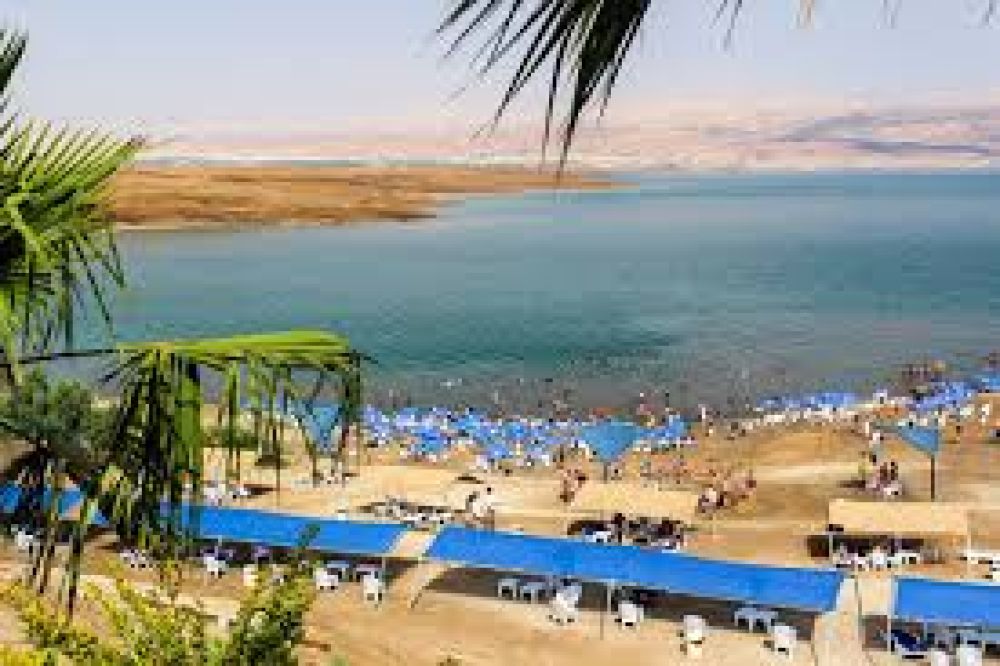

The Dead Sea, located at the lowest point on the surface of the earth, has been a point of intrigue and destination for health and leisure tourism for thousands of years. Kalia Beach, on the Jordanian side of the Dead Sea, offers unique recreational experiences due to the hyper-saline water and mineral-rich mud, reputed for their therapeutic qualities.
The history of the Dead Sea and its surroundings is deeply rooted in various ancient civilizations, including the Jews, Egyptians, and Romans, who all attributed healing properties to the sea's minerals. Historical figures such as King Herod the Great and Queen Cleopatra are said to have visited the area to rejuvenate. Over the centuries, the reputation of the Dead Sea's mud and water as a fountain of youth and a natural spa has grown, leading to the development of tourism in the region.
In the early 20th century, with the establishment of the British Mandate for Palestine, the Dead Sea area began to draw international visitors. The first hotels and resorts started to appear, catering to those seeking the health benefits of the sea's unique environment. Kalia Beach, specifically, developed as a popular destination thanks to the establishment of beach facilities and the proximity to Jerusalem.
Tourism further expanded after the Jordanian government recognized the potential of the site and invested in infrastructure and amenities, enhancing accessibility and comfort for visitors. The combination of the sea's natural wonders with the historical and cultural significance of the area led to a steady increase in both regional and international tourists.
In recent years, Kalia Beach has seen a shift toward more eco-friendly initiatives. This includes the development of sustainable tourism practices to preserve the fragile environment of the Dead Sea. There’s a growing emphasis on the conservation of water and natural resources and increasing awareness about the declining water levels of the Dead Sea and its impact on the environment.
Wellness tourism continues to thrive with an emphasis on the therapeutic benefits of the Dead Sea minerals. Hotels and spas around Kalia Beach provide a wide array of treatments and therapies. Additionally, adventure tourism has picked up pace, with visitors also exploring nearby attractions such as the ancient fortress of Masada and the natural reserve of Ein Gedi.
The Covid-19 pandemic had a significant impact on tourism globally, and the Dead Sea region was no exception. However, with the easing of restrictions and the implementation of health and safety measures, Kalia Beach is once again welcoming tourists. There’s an increasing trend for outdoor and less crowded destinations, positioning Kalia Beach as a favorable spot for those looking to travel post-pandemic.
Kalia Beach, with its rich history and diverse offerings, continues to be a beacon of tourism in Jordan. Visitors from around the world flock to experience the unique properties of the Dead Sea, the warm climate, and the historical tapestry that the region boasts. As tourism evolves, Kalia Beach is sure to adapt, remaining a renowned destination for relaxation, wellness, and discovery.